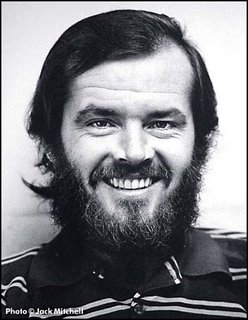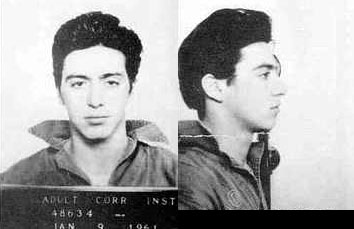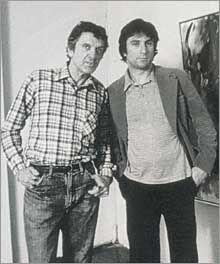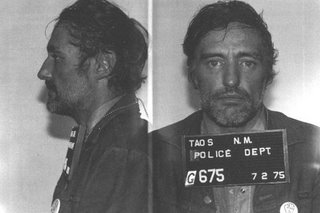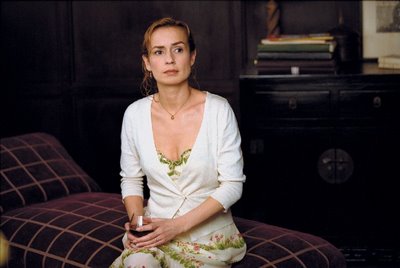

I've been purposely holding off on including any members of the Cassavetes or Fassbinder acting troupes in my Favorite Actor Monday series because once I start, it will be impossible to stop. I deeply love anyone who has been in either of these two directors' movies. I held off for as long as I can. Expect many more in the future. I'm starting with Barbara Sukowa because she was in one of the most affecting films I've ever seen, the 15 1/2-hour Fassbinder miniseries "Berlin Alexanderplatz." There aren't many 15 1/2 hour movies I'm dying to see again, but this is one of them. Please put these out on DVD, overlords of distribution. I have some moderately decent bootlegs, but that's not good enough. I'm growing weary of trying to explain why I like the actors I pick. Gushing adjectives don't do the trick. Barbara Sukowa is Mieze. She's Lola. I love those women. That's about it.
Recommended:
Berlin Alexanderplatz (Rainer Werner Fassbinder, 1980)
Lola (Rainer Werner Fassbinder, 1981)
Mariane and Juliane (Margarethe von Trotta, 1981)
Zentropa (Lars von Trier, 1991)
M. Butterfly (David Cronenberg, 1993)
